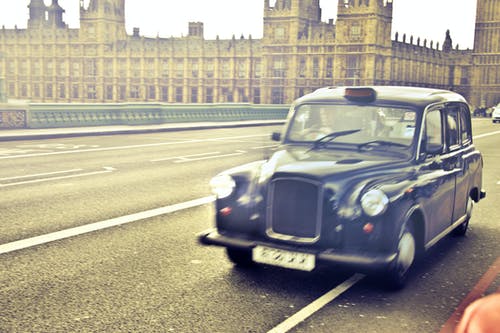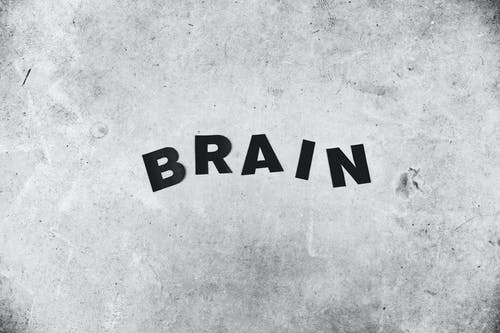London researchers are studying cabbies’ brains to inform Alzheimer’s diagnosis.
University College of London (UCL)’s Spatial Cognition Group runs the Taxi Brains project, an endeavor meant to study the minds of up to 30 taxi drivers in order to help provide information for, and advance, Alzheimer’s disease diagnostics. The team started the project based on the fact that London’s licensed black cabbies rely only on training and memory, rather than GPS systems, to get riders where they need to be.
The research, backed by Alzheimer’s Research UK, builds upon previous studies conducted more than two decades ago by UCL neuroscientist Professor Eleanor Maguire. Maguire studied the brains of London cabbies via MRI scans and found they share the same large hippocampus, the area of the brain that responsible for spatial navigation, as squirrels and some types of birds.
Alzheimer’s Research UK explains the role of the hippocampus in Alzheimer’s disease, suggesting it “is needed for retrieval of memories but retrieving those from longer ago may depend on it less. This is why someone in the earlier stages of Alzheimer’s (with a damaged hippocampus but an intact cortex) may remember a childhood holiday but struggle to remember what they ate for breakfast that morning.” From there, the disease may progress, affecting other areas of the brain.

“The hippocampus is one of the earliest affected brain regions in Alzheimer’s disease (AD) and its dysfunction is believed to underlie the core feature of the disease-memory impairment,” further explains Aleksandra Maruszak and Sandrine Thuret of the Department of Neuroscience, Institute of Psychiatry, King’s College London.
Professor Hugo Spiers, of UCL’s department of experimental psychology, said of the cabbies’ brains in particular, “Their hippocampus appears to get bigger the more years they put into the job. That’s really interesting for dementia research, because it’s precisely the part of the brain that declines in size with Alzheimer’s disease.”
The team likened brain usage of the cabbies to that of physical activity, suggesting that the more its used, the more fit it gets. “Maybe there’s something very protective about working out your spatial knowledge on a daily basis, like these guys do,” Spiers said. “It may not necessarily be spatial, but just using your brain rather than Google Maps might actually help – in the same way that physical fitness is important.”
During the research, cabbies’ navigational skills are tested over two hours while they undergo MRI scans funded by Ordnance Survey. Spiers hopes that improved MRI technology will be able to pinpoint specific changes to the hippocampus. “It’s a chance to revisit an old finding,” he said. “I thought it was about time we got on with it and did it again.”
Robert Lordan, taxi driver and author of ‘The Knowledge: How to Train your Brain like a London Cabbie,’ is involved in the study. He added, “It’s been a joy to help the research team with this work and feel that I’m able to use my brain to help scientists combat dementia.” Researchers are hoping to find more volunteers willing to participate.
Sources:
London’s black cabbies hailed for brain research


Join the conversation!